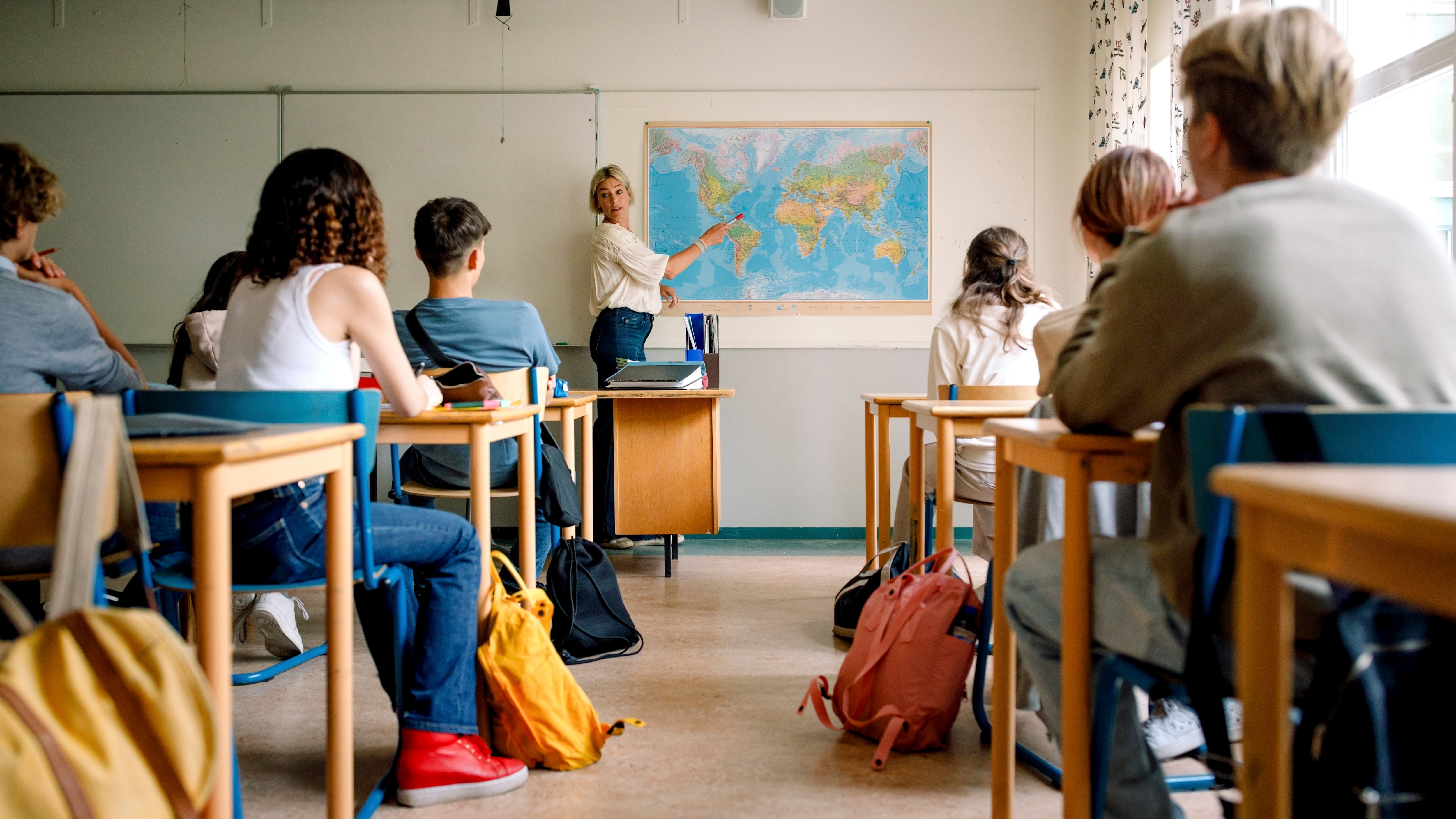The Future of Work and Education: Developing 21st Century Skills
The landscape of work and schooling is present process a full-size transformation, driven via speedy technological advancements, globalization, and evolving societal needs. As we navigate the complexities of the twenty first century, the capabilities required for success in each the place of business and academic environments are shifting. developing these 21st-century abilities is critical to put together individuals for a destiny that needs adaptability, innovation, and non-stop learning.
The changing Nature of work
The conventional concept of labor, characterized by way of long–time period employment in a single agency, is becoming out of date. these days’s body of workers have to be prepared for a dynamic process marketplace in which roles and industries can exchange hastily. Automation and artificial intelligence are reshaping many industries, main to the introduction of new task categories while rendering others redundant. This shift necessitates a workforce that isn’t always only technically proficient but also adept at critical questioning, trouble–solving, and collaboration.
Key twenty first Century talents for the place of job
1. essential wondering and problem solving: As automation takes over routine obligations, human people are increasingly more required to engage in complex trouble–solving and vital wondering. those abilties permit people to analyze situations, take into account more than one views, and broaden progressive answers.
2. virtual Literacy: skillability with virtual gear and technologies is now fundamental. From simple pc competencies to superior know-how of artificial intelligence and records evaluation, virtual literacy is vital for almost every job.
3. Adaptability and Resilience: The capability to evolve to new conditions and recover from setbacks is crucial in a rapidly converting task marketplace. Resilience allows individuals navigate uncertainties and hold productiveness within the face of challenges.
4. Verbal exchange and Collaboration: powerful conversation and the capacity to work collaboratively in various teams are essential. In an interconnected world, these skills facilitate the sharing of thoughts and the success of commonplace desires.
5. Creativity and Innovation: The destiny place of business values creativity and the capacity to assume outdoor the field. Innovation drives progress and competitive gain, making creative wondering a quite sought-after ability.
Transforming schooling for the future
To equip students with these essential skills, the education system must undergo a metamorphosis. conventional coaching techniques centered on rote memorization and standardized checking out are insufficient for getting ready students for the demands of the modern global. instead, training must foster critical thinking, creativity, and lifelong getting to know.
Strategies for growing 21st Century talents in schooling
1. Integrating generation inside the lecture room: using virtual equipment and sources in education can enhance studying experiences and prepare college students for a tech-pushed global. Interactive software program, on-line collaboration platforms, and digital reality can make getting to know greater enticing and powerful.
2. Mission–based totally studying: This approach encourages college students to work on actual–global tasks that require critical thinking, trouble–fixing, and collaboration. project–primarily based learning allows college students practice theoretical understanding to sensible situations, growing capabilities that are at once relevant to the workplace.
3. Personalized getting to know: Tailoring training to satisfy the character wishes of college students can beautify their getting to know outcomes. customized getting to know pathways allow college students to progress at their own pace and cognizance on areas where they need development, fostering a deeper expertise of subjects.
4. Recognition on soft skills: Incorporating the development of soft abilties along with verbal exchange, teamwork, and emotional intelligence into the curriculum is essential. these talents are vital for private and professional success and have to receive identical significance as educational knowledge.
5. Lifelong mastering and continuous development: The speedy tempo of technological exchange means that getting to know need to no longer forestall after formal training. Encouraging a tradition of lifelong getting to know allows individuals stay relevant in their careers and adapt to new opportunities.
The position of Educators and Employers

Educators and employers play a pivotal role in developing 21st-century talents. teachers want to embrace new pedagogical tactics and technologies to create enticing and relevant learning reviews. expert development programs can assist educators live modern with the modern day coaching methods and equipment.
Employers, alternatively, need to invest in training and development programs to upskill their group of workers. with the aid of presenting possibilities for non-stop getting to know, businesses can make sure that their personnel remain aggressive and adaptable. Partnerships among instructional establishments and corporations can also facilitate the alignment of curricula with industry wishes, ensuring that graduates are properly–prepared for the task market.
Challenges and opportunities
While the shift closer to developing 21st-century capabilities offers numerous opportunities, it additionally comes with demanding situations. get admission to to generation and nice training stays unequal, with disparities among specific areas and socioeconomic companies. Addressing those inequalities is vital to make sure that all individuals have the possibility to broaden the talents wanted for the future.
furthermore, the fast tempo of change may be overwhelming for each educators and college students. continuous guide, expert development, and a willingness to include alternate are important to navigate those demanding situations efficiently.
CONCLUSION
The future of labor and training is intrinsically linked to the development of twenty first-century abilties. As the arena keeps to adapt, the capability to think significantly, adapt to new situations, and include lifelong mastering might be critical for success. by using reworking instructional practices and fostering a culture of non-stop development, we are able to put together individuals to thrive in a dynamic and ever-converting global. the adventure in the direction of this future requires collaboration among educators, employers, and policymakers to create an surroundings that helps the development of these crucial abilities
Read More:- 10 THOUGHTFUL QUESTIONS FOR PARENTS TO ASK DURING PARENT-TEACHER MEETINGS
Read More:- Navigating the Intellectual Odyssey: Unveiling the KVPY Exam





